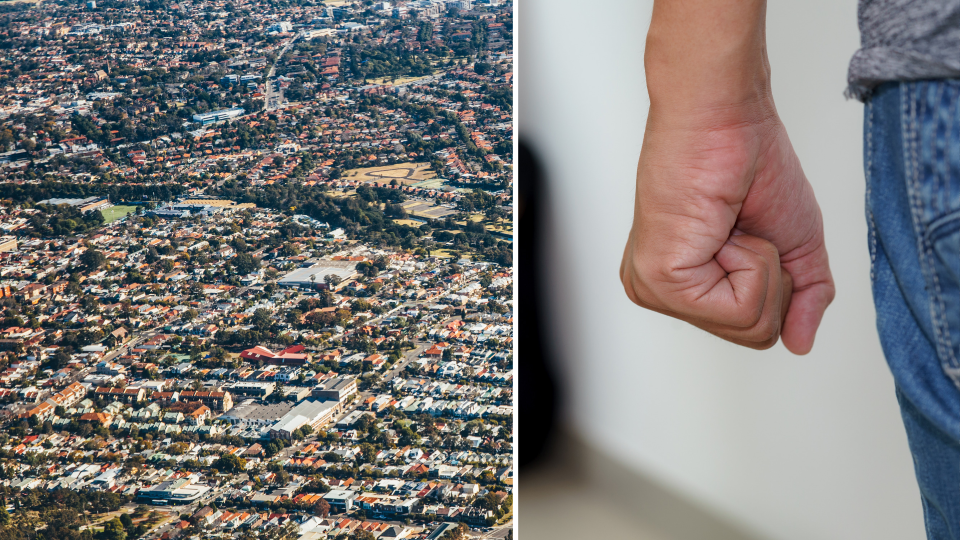Housing unaffordability leaves domestic violence victims with few options

Australians fleeing domestic and family violence are finding it difficult to secure stable and long-term accommodation as supplies of social housing dwindle and efforts to open doors with rental subsidies fall flat.
That’s the stark finding from a new report from the Australian Housing and Urban Research Institute (AHURI).
“Existing domestic and family violence support programs cannot compensate for the absence of affordable, suitable housing—so moving from short-term or transitional accommodation into permanent, independent housing is very difficult, and sometimes unachievable, for women and children affected by domestic and family violence,” authors Kathleen Flanagan, Hazel Blunden, Kylie Valentine and Jane Henriette explained.
Related story: Australian property downturn is slowing but spreading
Related story: Here’s why property expert says Sydney house prices could drop 50%
Related story: Australia’s domestic violence epidemic looks set to become key election issue
And unaffordable housing markets don’t make the situation any easier.
A major international report recently found that all capital cities in Australia are “severely unaffordable”, while another report found that despite the nation-wide property slowdown, Australia’s lowest-income earners are still not seeing any relief from rental stress.
For victims leaving violent situations, the situation is no better, as rental subsidies often offer insufficient funds to win a rental contract in markets with limited supply and high demand.
Additionally, the researchers warned that access to social housing has been restricted as continued underfunding has meant social services have only been able to offer housing to those in extreme need.
While rental subsidies offer choice and significant reductions in rental costs in some markets, in others “where rents are high and climbing”, the assistance is insignificant.
And, once the subsidised period ends, the unsubsidised rent may again become too expensive.
Stigma around women leaving violence and poor tenancy records due to violent ex-partners’ behaviour also make it difficult to access housing.
Concerningly, AHURI noted, the sheer difficulty of securing stable accommodation can lead to homelessness, or a return to a violent relationship.
What’s the solution?
More funding.
“Expenditure on direct housing provision has been replaced by a focus on the provision of individual subsidies. These are not always effective in tight and costly rental markets, and as a result, housing options are limited, and safety and security are not assured.”
AHURI said a lack of suitable housing is a systemic issue, and more investment in affordable housing and social housing is critical to its solution.
The domestic and family violence support sector also needs to be better integrated with the wider housing system.
In March this year, Prime Minister Scott Morrison pledged $328 million towards domestic violence prevention programs, following a Labor pledge of $60 million towards support packages helping Australians leaving violent partners.
New laws introduced in February also protect renters who needed to break their home rental agreements to flee domestic and family violence.
NSW Fair Trading said the move was crucial in helping victims of violence escape their partners.
“It is also important that victims are not penalised financially so they can more easily secure new accommodation and reduce the risk of homelessness.”
1800 RESPECT (1800 737 732)
Lifeline 13 11 14
Make your money work with Yahoo Finance’s daily newsletter. Sign up here and stay on top of the latest money, news and tech news.

 Yahoo Finance
Yahoo Finance 
